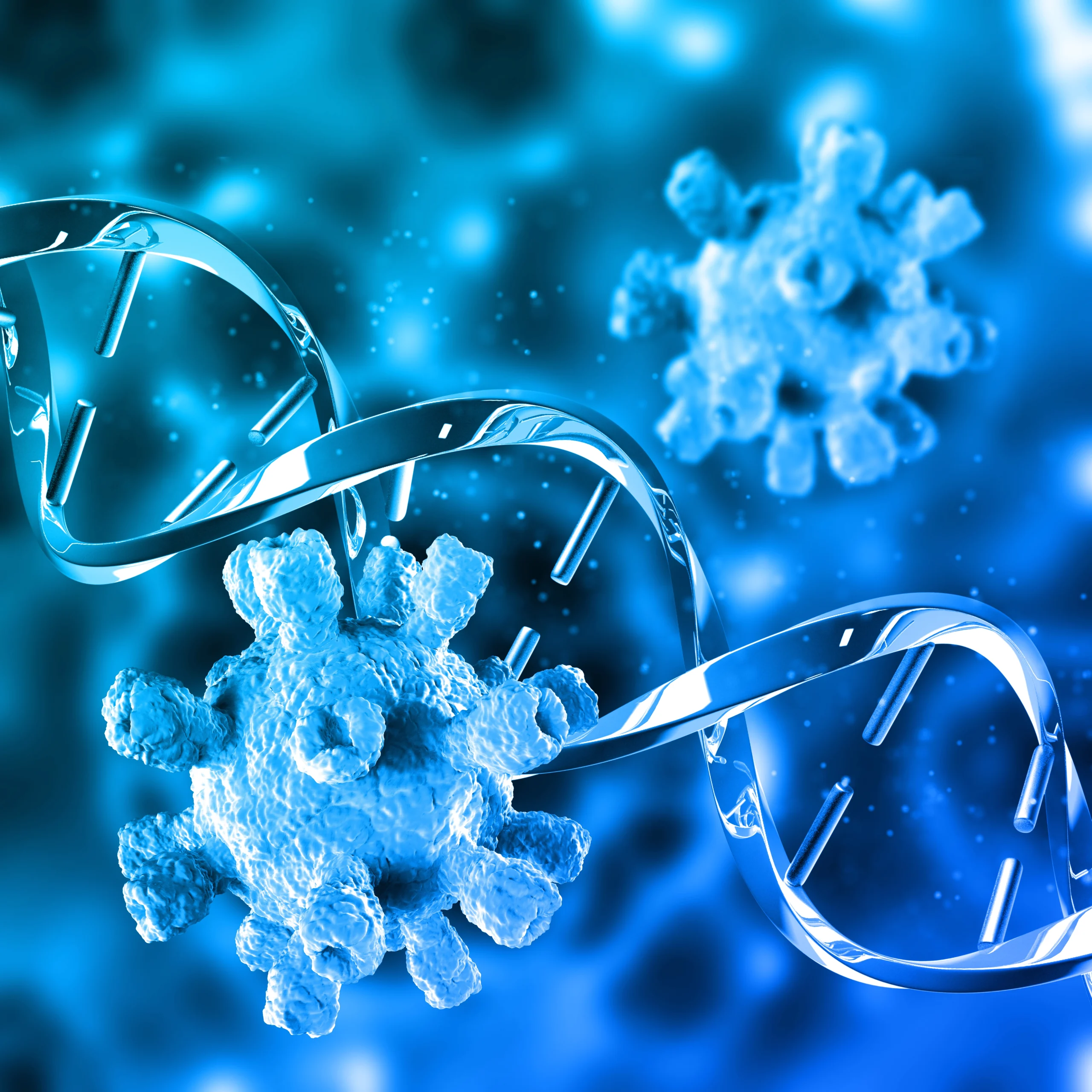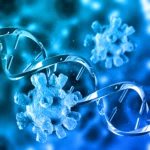
The Role of Immunohistochemistry in Revolutionizing Cancer Diagnosis
In the relentless battle against cancer, precision is paramount. The intricate landscape of cancer cells harbors clues that, when deciphered, can guide clinicians toward tailored treatment strategies. Enter Immunohistochemistry (IHC), a groundbreaking technique that has emerged as a beacon of hope in the realm of cancer diagnosis. Let’s embark on a journey to understand how IHC is transforming the landscape of cancer detection and characterization.
Unmasking Cancer with Precision:
Cancer is not a singular entity but a diverse collection of diseases characterized by aberrant cellular behavior. Immunohistochemistry serves as a powerful tool, allowing pathologists to decipher the molecular makeup of tumor tissues with unprecedented precision. By employing specific antibodies that target unique protein markers associated with different cancers, IHC unveils the identity of the rogue cells and offers critical insights into the nature of the disease.
Subtyping and Classification:
One of the primary strengths of IHC lies in its ability to subtype and classify cancers. Different types of cancer cells express distinct protein markers, and IHC enables the identification of these markers within tissue samples. This precision aids in determining the origin of the tumor, guiding clinicians in selecting appropriate therapeutic interventions based on the specific characteristics of the cancer.
Diagnostic Accuracy:
The accuracy of cancer diagnosis is a crucial factor in devising effective treatment plans. IHC enhances diagnostic accuracy by providing a detailed and nuanced understanding of the cellular and molecular features of a tumor. This level of specificity aids in distinguishing between benign and malignant lesions, facilitating prompt and accurate diagnosis.
Predicting Treatment Response:
Beyond diagnosis, IHC plays a pivotal role in predicting the response of tumors to specific treatments. By assessing the expression of key biomarkers, clinicians can identify whether a tumor is likely to respond to targeted therapies. This personalized approach to treatment planning is a game-changer, offering patients more effective and tailored therapeutic options.
Monitoring Disease Progression:
Cancer is a dynamic entity, and monitoring its progression is crucial for adapting treatment strategies. IHC allows for the tracking of changes in protein expression over time, providing valuable information about the evolving nature of the disease. This real-time insight is instrumental in making informed decisions about treatment modifications and adjustments.
Challenges and Advances:
While IHC has revolutionized cancer diagnosis, ongoing primary antibodies for research, and technological advancements continue to refine and expand its capabilities. Challenges such as tumor heterogeneity and the need for standardized protocols are being addressed through innovations in antibody technology, automation, and digital pathology. These advancements promise to further elevate the role of IHC in shaping the future of cancer diagnosis and treatment.
Immunohistochemistry stands at the forefront of modern cancer diagnostics, unraveling the complexities of tumor biology with unparalleled precision. As we continue to unlock the secrets hidden within cancer cells, IHC emerges as a beacon, guiding clinicians toward more accurate diagnoses, personalized treatment strategies, and ultimately, a brighter future in the fight against cancer.



